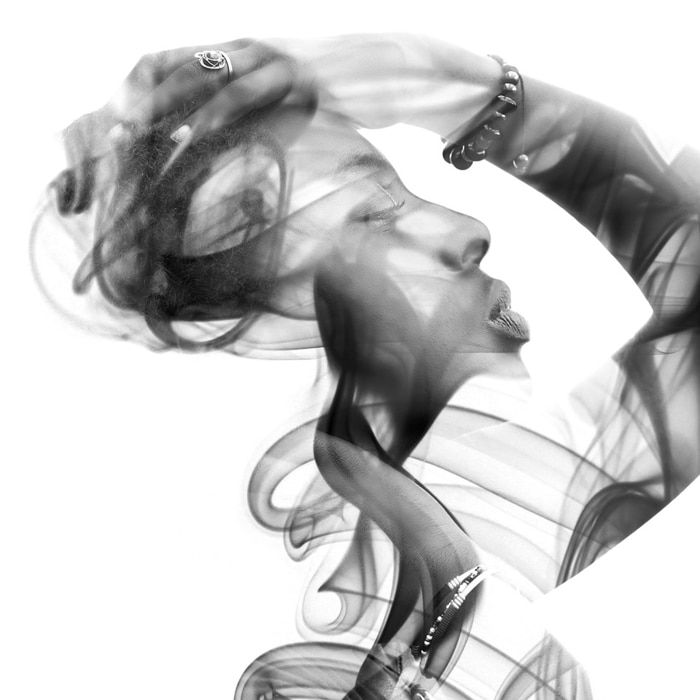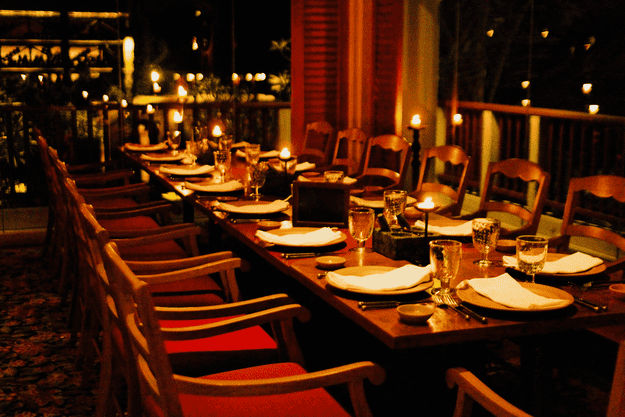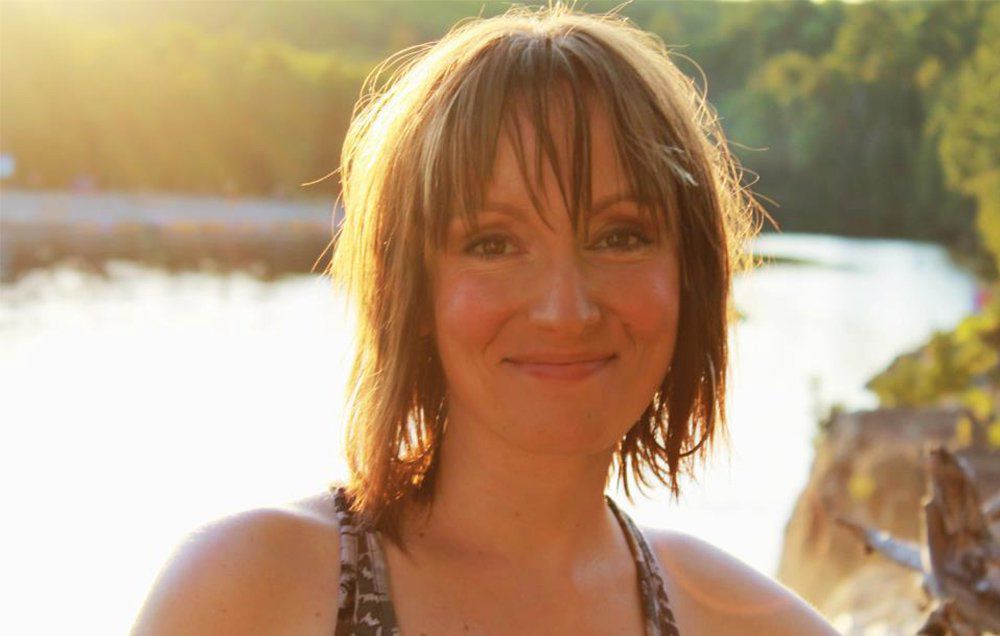Earlier this month, our very own Dr. Cecelia Mylett was quoted in Women’s Health Magazine on the topic of deipnophobia. It is not a word or a phobia we hear too often, even in a professional clinical setting. However, just because we do not hear about, does not mean the phenomena does not exist. What is deipnophobia? What is its association with other phobias?
Defining the Undefined
The DSM-5 provides clinicians the criteria for diagnosing mental disorders. Mental disorders have a range running from substance use disorder to depression, from anxiety to PTSD. However, the DSM-5 does not describe deipnophobia specifically.
What people are describing in the term deipnophobia is the fear of dining or dinner conversations. So, if it is not explicitly defined in the DSM-5, how does one diagnose or describe deipnophobia?
Using the DSM-5, deipnophobia would be classified broadly under Anxiety Disorders. More specifically, the differential diagnosis may either be Social Anxiety Disorder (Social Phobia) or Specific Phobia. If the situation is feared because of negative evaluation by others, it would be considered a Social Anxiety Disorder. Otherwise, deipnophobia would be a related to a Specific Phobia.
Symptoms and Manifestations
Symptoms appear consistent with anxiety symptoms, which include avoiding the situation, fearfulness of being criticized, embarrassment, racing heart, sweating, nausea, and feeling trapped, to name a few.
Although deipnophobia is associated with dinner, mealtime, or eating, it is not the actually eating that is the phobia. Rather it is the fear associated with social interactions during mealtime. Individuals experiencing this type of specific fear may intentionally avoid dinner or other mealtime social gathering altogether.
Managing Deipnophobia
Embrace your deipnophobia, don’t ignore it. It is your brain’s response to a perceived threat, which is the flight or fight response. But when you embrace it, focus your thoughts to the “present”. You can say to yourself, “I’m okay right now, in this moment, I am okay.” Take a deep breathe, pause, and exhale.
Shift your focus to the present moment. Focus on what is going well, such as “the food great.” We all have anxious feelings. Decide what is a real threat, or a perceived threat, and move forward.










